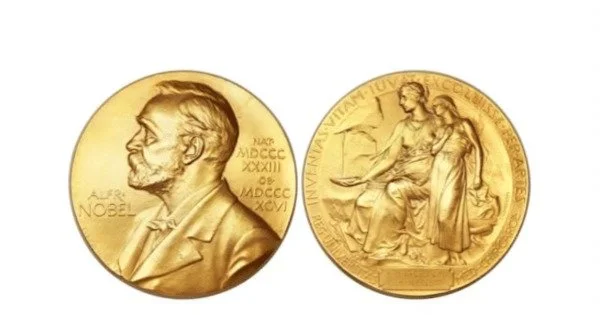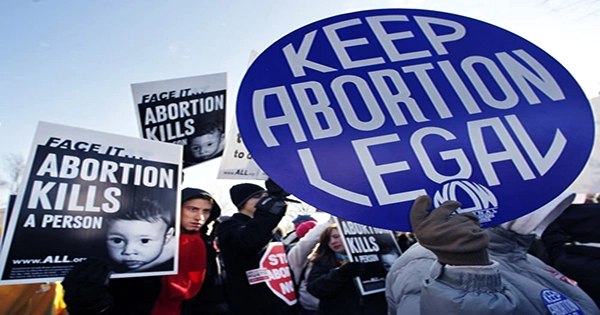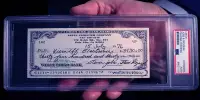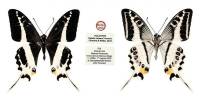Katalin Karikó and Drew Weissman were awarded the Nobel Prize in Physiology or Medicine for their work on mRNA COVID-19 vaccines. Katalin Karikó and Drew Weissman have been awarded an £823,000 prize by the Nobel Assembly at the Karolinska Institute in Stockholm.
Scientists Katalin Karikó of Hungary and Drew Weissman of the United States have been awarded the 2023 Nobel Prize in Physiology or Medicine for their discoveries that enabled the development of mRNA COVID-19 vaccines. The prize, which is among the most renowned in the scientific world, is chosen by the Nobel Assembly of Sweden’s Karolinska Institute Medical University and includes 11 million Swedish crowns (about $1.56 million).
“The 2023 Nobel Prize in Physiology or Medicine has been awarded to Katalin Karikó and Drew Weissman for their discoveries concerning nucleoside base modifications that enabled the development of effective mRNA vaccines against COVID-19,” the body said. “The laureates contributed to the unprecedented rate of vaccine development during one of the greatest threats to human health in modern times.”
This year’s Nobel Prize recognises their basic science discovery that fundamentally changed our understanding of how mRNA interacts with the immune system and had a major impact on society during the recent pandemic.
Rickard Sandberg, a member of the Nobel Assembly, said.
When Nobel Assembly secretary Thomas Perlman phoned both scientists shortly before the announcement, he stated they were “overwhelmed” by the news of the prize.
Dr. Karikó served as BioNTech’s senior vice-president and head of RNA protein replacement until 2022, and has subsequently served as an adviser to the firm. She also teaches at the University of Szeged in Hungary and the University of Pennsylvania’s Perelman School of Medicine. Dr. Weissman is a vaccine researcher at the Perelman School of Medicine.
Dr Karikó found a way to prevent the immune system from launching an inflammatory reaction against lab-made mRNA, previously seen as a major hurdle against any therapeutic use of mRNA. Together with Dr Weissman, she showed in 2005 that adjustments to nucleosides — the molecular letters that write the mRNA’s genetic code — can keep the mRNA under the immune system’s radar.
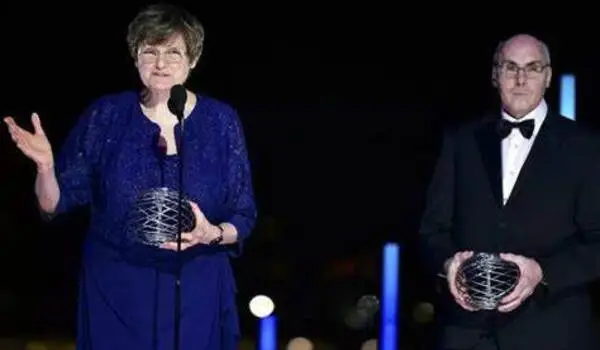
The Medicine Prize kicks off this year’s Nobel awards, with the remaining five to be unveiled in the coming days. The prizes, first handed out in 1901, were created by Swedish dynamite inventor and wealthy businessman Alfred Nobel. They are awarded for achievements in science, literature, and peace, and in later years also for economics.
The prizes will be presented by the Swedish King at a ceremony in Stockholm on December 10, the anniversary of Mr. Nobel’s death, which will be followed by a spectacular supper at City Hall. Svante Paabo of Sweden won the Nobel Prize in Medicine last year for mapping the genome of the Neanderthal, an extinct ancestor of modern humans, and uncovering a previously unknown human related, the Denisovans.
Other previous winners include Alexander Fleming, who shared the 1945 prize for discovering penicillin, and Karl Landsteiner, who discovered human blood types in 1930.
